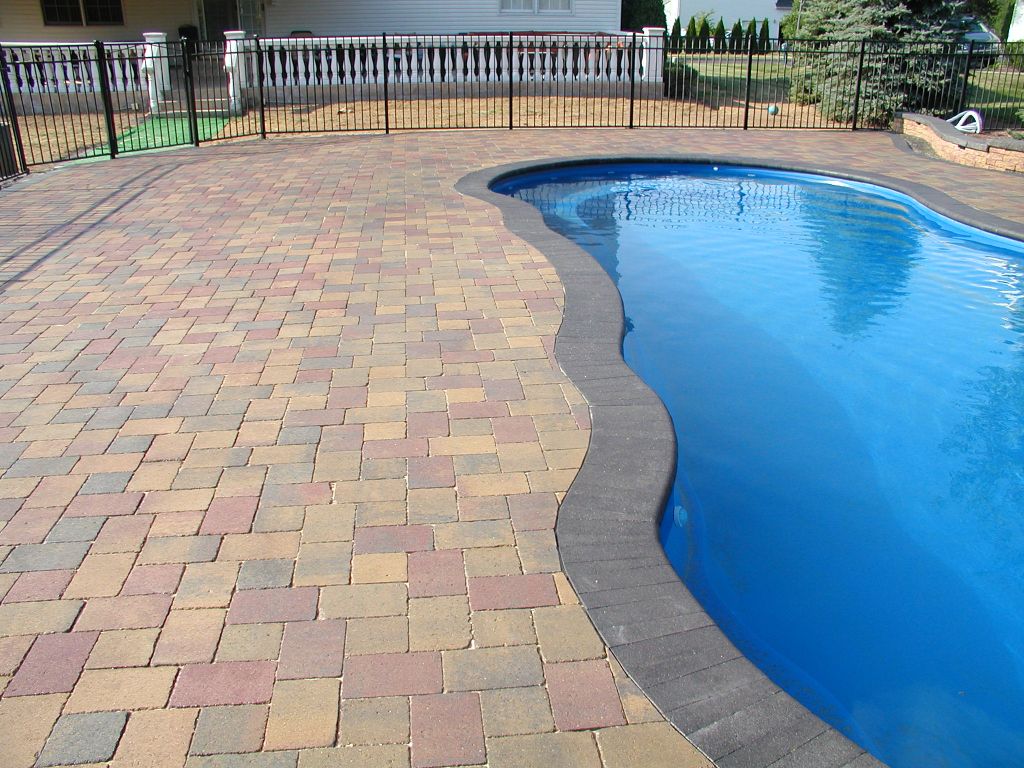Pavers and Cold Weather
It can be a long and very cold winter in many parts of the country and your pavers need to not only survive the extreme temperatures but still perform well for the homeowner and guests. Pavers and cold weather can cause issues if it is not sealed correctly. Here are a few thoughts on how you can make the most of your pavers even in the harshest of weather conditions.
High-quality pavers
Most paver installers suggest planning ahead and installing high-quality pavers. You will save money in the long run because there is less of a chance they will need to be repaired or replaced due to winter conditions. Pavers and cold weather are fine as long as they treated properly. Poor quality pavers that have a weak mixture when made may have less concrete in them and be more susceptible to salt, water, and ice penetrating and causing cracks or breaks.
Pavers and Cold Weather Design
If you live somewhere in the country where snowplows are often used, be sure to use a paver that has the strength to handle heavy equipment or vehicles. Although color runs through each entire paver block, they can still be broken or scratched under heavy pressure. Think about using a paver that doesn’t have deep texture or designs that can be easily chipped. And if you’re on a steep incline, be aware that darker colors will attract more sunlight and heat, making the snow and ice melt faster leading to possible slippery conditions.
Rock Salt
Deicing agents can be harmful to concrete so it’s best to use rock salt. As you apply it, be sure not to cast it past the driveway’s edge. Or if the eventual runoff leads to a grass or garden, be aware that the melted ice may kill the grass or plants. You can also clean the area with sand since it’s more environmentally friendly and usually cheaper. Sun will heat up the sand quickly to melt the ice.
Sealing
And finally, having your pavers sealed will protect your paver investment by preventing the water from absorbing into the brick itself. The salt or other deicing products will also remain on the paver and not leach into the substrate. Be sure to seal every three to five years, depending on the sealer.
We can’t stop the cold winters from coming, but we can help protect our pavers from the effects of the extreme temperatures by using some common sense approaches and thinking ahead before the thermometer plunges.

